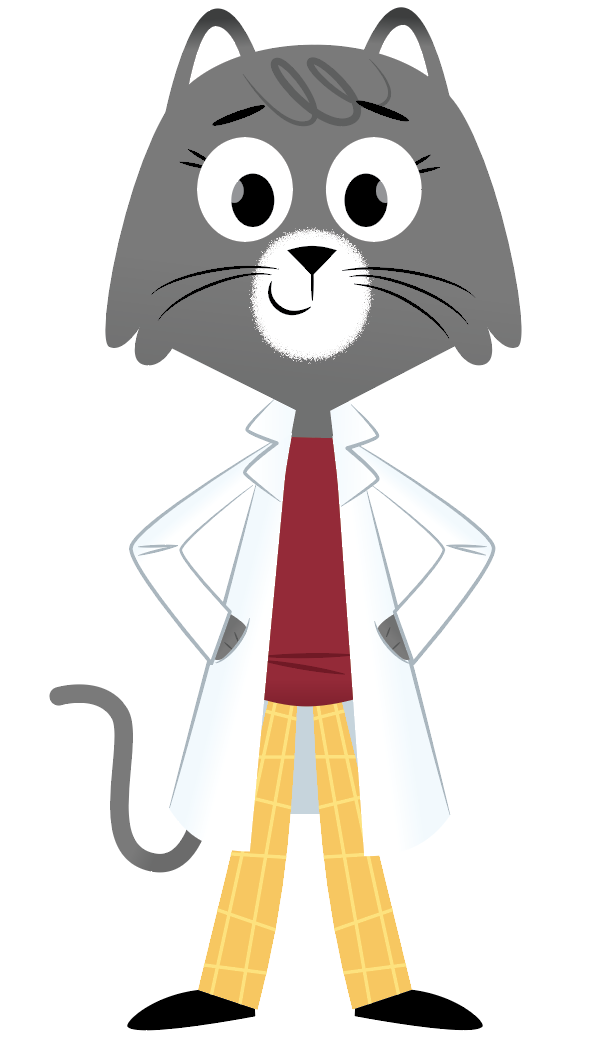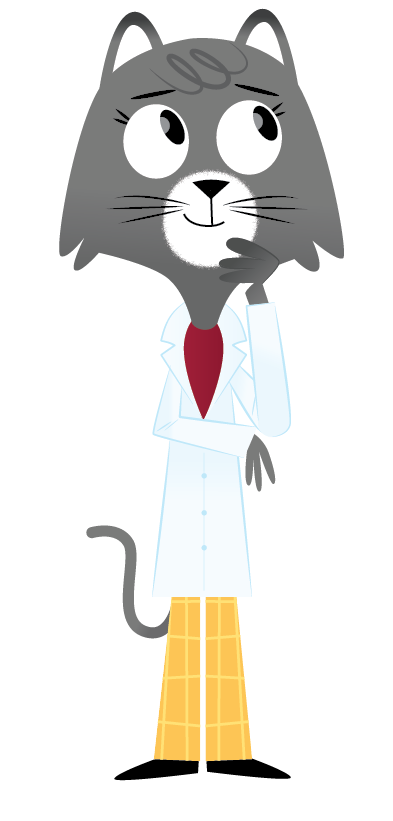Dear Dr. Universe: Why is it so cold up in the mountains if heat rises and it’s closer to the sun? –Andrea, 11
rcwebberDear Andrea,
You're right. If we took a trip into the mountains, we would find that it felt a lot colder. It all has to do with our atmosphere. We may not always think about it, but we are basically living in a giant ocean of air.
Read More ...


